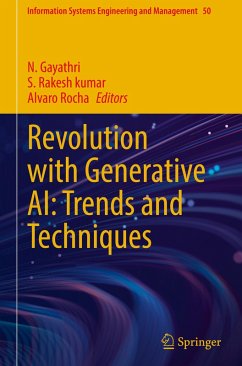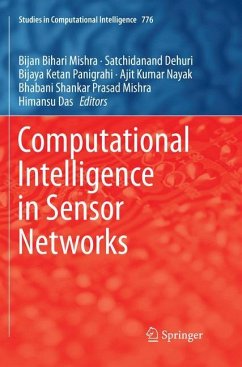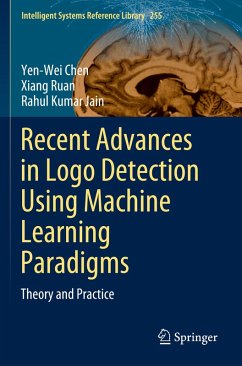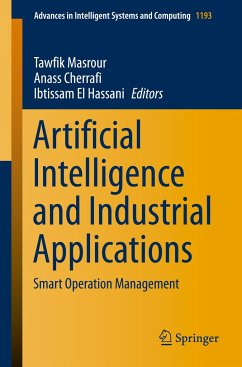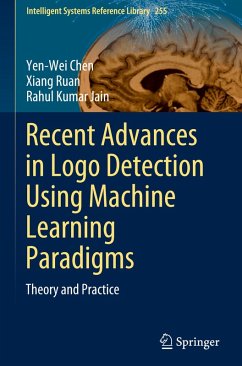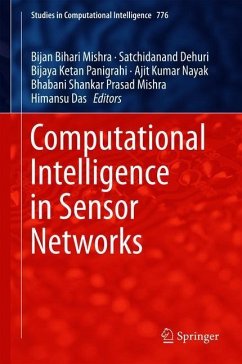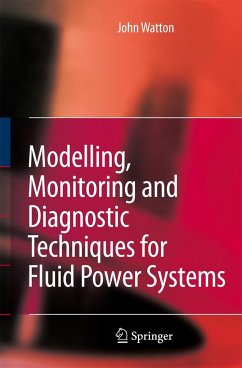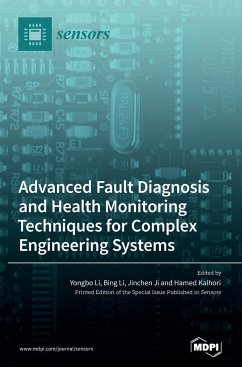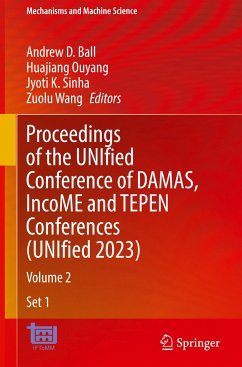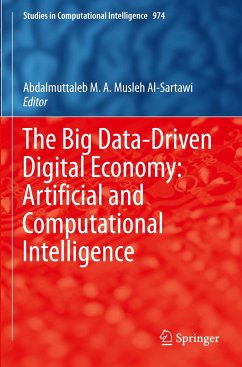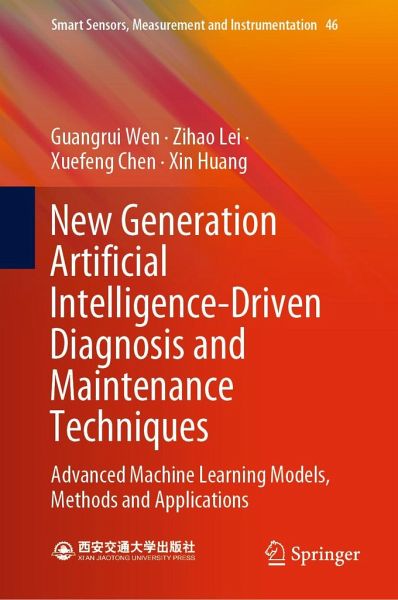
New Generation Artificial Intelligence-Driven Diagnosis and Maintenance Techniques
Advanced Machine Learning Models, Methods and Applications

PAYBACK Punkte
65 °P sammeln!
The intelligent diagnosis and maintenance of the machine mainly includes condition monitoring, fault diagnosis, performance degradation assessment and remaining useful life prediction, which plays an important role in protecting people's lives and property. In actual engineering scenarios, machine users always hope to use an automatic method to shorten the maintenance cycle and improve the accuracy of fault diagnosis and prognosis. In the past decade, Artificial Intelligence applications have flourished in many different fields, which also provide powerful tools for intelligent diagnosis and m...
The intelligent diagnosis and maintenance of the machine mainly includes condition monitoring, fault diagnosis, performance degradation assessment and remaining useful life prediction, which plays an important role in protecting people's lives and property. In actual engineering scenarios, machine users always hope to use an automatic method to shorten the maintenance cycle and improve the accuracy of fault diagnosis and prognosis. In the past decade, Artificial Intelligence applications have flourished in many different fields, which also provide powerful tools for intelligent diagnosis and maintenance.
This book highlights the latest advances and trends in new generation artificial intelligence-driven techniques, including knowledge-driven deep learning, transfer learning, adversarial learning, complex network, graph neural network and multi-source information fusion, for diagnosis and maintenance of rotating machinery. Its primary focus is on the utilization of advanced artificial intelligence techniques to monitor, diagnose, and perform predictive maintenance of critical structures and machines, such as aero-engine, gas turbines, wind turbines, and machine tools.
The main markets of this book include academic and industrial fields, such as academic institutions, libraries of university, industrial research center. This book is essential reading for faculty members of university, graduate students, and industry professionals in the fields of diagnosis and maintenance.
This book highlights the latest advances and trends in new generation artificial intelligence-driven techniques, including knowledge-driven deep learning, transfer learning, adversarial learning, complex network, graph neural network and multi-source information fusion, for diagnosis and maintenance of rotating machinery. Its primary focus is on the utilization of advanced artificial intelligence techniques to monitor, diagnose, and perform predictive maintenance of critical structures and machines, such as aero-engine, gas turbines, wind turbines, and machine tools.
The main markets of this book include academic and industrial fields, such as academic institutions, libraries of university, industrial research center. This book is essential reading for faculty members of university, graduate students, and industry professionals in the fields of diagnosis and maintenance.



